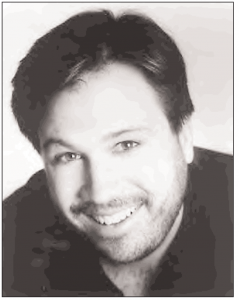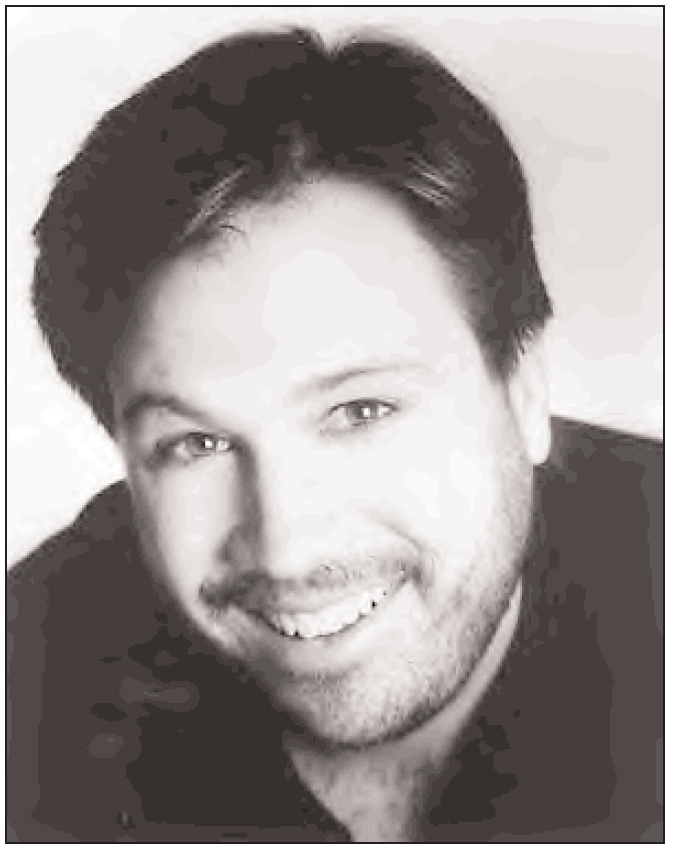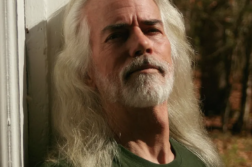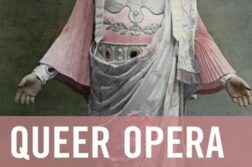DAVID DANIELS occupies a rarefied category of classical singer: the countertenor, a male range above tenor that corresponds to a mezzo-soprano range. Widely regarded as the leading countertenor of our time, Daniels sings a repertoire that includes both classical opera—where he sings many of the old castrato roles—and an extensive recital repertoire, including song literature of the 19th and 20th centuries. He has appeared with many of the world’s major opera companies and on the main concert and recital stages, making history last season as the first countertenor to give a solo recital in the main auditorium of Carnegie Hall.
 In addition to breaking new ground with his unusual voice range, Daniels is virtually the only major opera singer to be openly gay. This is perhaps surprising in light of opera’s traditional popularity among gay men, but for whatever reason opera has long been a bastion of male heterosexuality. In this respect, too, Daniels is a pioneer.
In addition to breaking new ground with his unusual voice range, Daniels is virtually the only major opera singer to be openly gay. This is perhaps surprising in light of opera’s traditional popularity among gay men, but for whatever reason opera has long been a bastion of male heterosexuality. In this respect, too, Daniels is a pioneer.
Born and raised in Spartanburg, South Carolina, Daniels was the son of two singing teachers. He began to sing as a boy soprano, moving to tenor as his voice matured. After getting his BA from the Cincinnati College Conservatory of Music, he continued with graduate studies at the University of Michigan, where he studied with George Shirley. It was there that he decided to make the daring switch from the tenor to the countertenor range.
Opera roles that Daniels has performed include a substantial list of Handel’s heroes: the title role in Julius Caesar; Arsace in the comedy Partenope; the title role in Tamerlano; Arsamene in Xerxes; David in Saul; the title role in Rinaldo; and Nerone in Monteverdi’s Coronation of Poppea. Branching out from his baroque roles, Daniels performed as Oberon in Britten’s Midsummer Night’s Dream at the Metropolitan Opera, and as Orfeo in Glück’s Orfeo ed Euridice at Covent Garden.
Last summer, Daniels came out with a CD entitled A Quiet Thing (released by Virgin Classics) featuring yet another repertoire, that of traditional and contemporary songs. These he performed in a number of prominent venues, including Lincoln Center during New York’s Mostly Mozart Festival and Tanglewood, accompanied by guitarist Craig Ogden. It was at Tanglewood that I met with David Daniels on the morning after his debut performance there.
— Larry Phillips
Larry Phillips is a Boston-based keyboard player.







